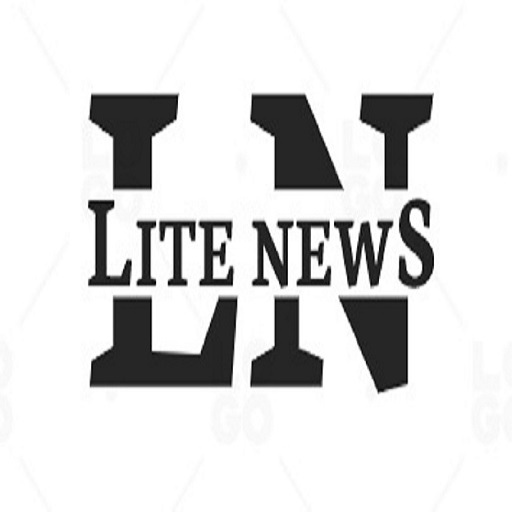NEW YORK: Spotify's ultimatum to Neil Young that it choose between his music and controversial star podcaster Joe Rogan has become a flashpoint in conversations over online propaganda and the corporate responsibility for moderating it.
The prolific rocker this week sought to remove his music from the streaming giant—he had 2.4 million followers and more than six million monthly listeners—unless he was ready to leave Rogan, whose show is the platform's most popular, But it has been widely accused of pedaling. conspiracy theories.
Rogan, 54, has discouraged vaccination in young people and promoted the off-label use of the anti-parasitic drug ivermectin to treat the virus.
"I realized I cannot continue to support SPOTIFY's life-threatening misinformation to the music loving public," Young, a polio victim, said in an open letter.
His challenge followed a demand from hundreds of medical professionals that the streaming service stop Rogan from promoting "the many lies about COVID-19 vaccines", which he said is creating "a sociopolitical issue of disastrous proportion".
Rogan was roped in to sign a $100 million multi-year special deal with Spotify. On Wednesday Young's hits — including "Heart of Gold," "Harvest Moon" and "Rockin' in the Free World" — began to disappear from the stage.
The company - which on Wednesday voiced "sorry" over Young's move but cited the need to balance "both safety for listeners and freedom for creators" - did not respond to an AFP query for further comment. .
Last year, its CEO Daniel Ek told Axios that he didn't think Spotify -- which had recently started investing heavily in podcasts -- had editorial responsibility for Rogan.
He compared the podcaster to "really well-paid rappers," adding, "We don't determine what they're putting in their songs."
- Business concerns´ -
Spotify's move garnered online applause from organizations including Rumble, a video streaming platform popular with the right-wing, which credited the Swedish company with "defending creators" and "standing up for free speech."
But Young, 76, also received widespread praise for taking a stand, including from the head of the World Health Organization. The musician has urged fellow artistes to follow his lead.
Summer Lopez, senior director of free expression programs at the nonprofit Penn America, stressed that "he's probably one of the only artists who can really afford to make that kind of call."
"They have every right to do so," said advocates for PEN, an organization dedicated to protecting freedom of expression. But he expressed concern over the "widespread call for the boycott of Spotify," because "it's such an essential place for artists to reach their audiences, and a source of income."
The role of platforms like Spotify to moderate content is complicated, Lopez said, because unlike social media outlets it's a service "primarily designed to enhance art and artwork."
"I think the real issue here is that Spotify doesn't have a clear policy on this," Lopez said.
And she questioned whether "there is any meaningful independence" between "the decision-making process and their business concerns".
- Mandating more clarity´ -
In recent years online media giants including Facebook and YouTube have come under criticism for allowing conspirators to spread their views.
But despite its explosive growth, podcasting has largely fallen under the radar.
Valerie Wirtschafter, a senior data analyst at the Brookings Institution who studies contemporary media and political behavior, said this is mainly because "it's such a large and decentralized space."
But she added that audio is a particularly powerful medium for spreading lies: "There's a kind of personal experience to be had."
The intimacy of sound, combined with the conversational style of the podcast, allows listeners to process information in such a way that "potentially for these untruths, for this misinformation, to promote it." makes for a strong medium."
According to Wirtschafter, tracking propaganda in the podcast is "like a needle in a haystack." Episodes of "The Joe Rogan Experience" often fall in the range of two to three hours.
Moderation possibilities include disclaimers before episodes, Wirtschafter said, and platforms that host podcasts can also take steps to mediate their algorithms so they don't "amplify ... harmful content."
Joseph Uschinsky, a political scientist specializing in conspiracy theories at the University of Miami, meanwhile cautioned against giving the government any "tools of censorship" to deal with the propaganda.
"They may be used for philanthropic causes today, but tomorrow the same tools will be available to those who are not very generous."
Lopez agreed, but cited "the need to mandate greater clarity on how these decisions are being made, how appeals are handled."

